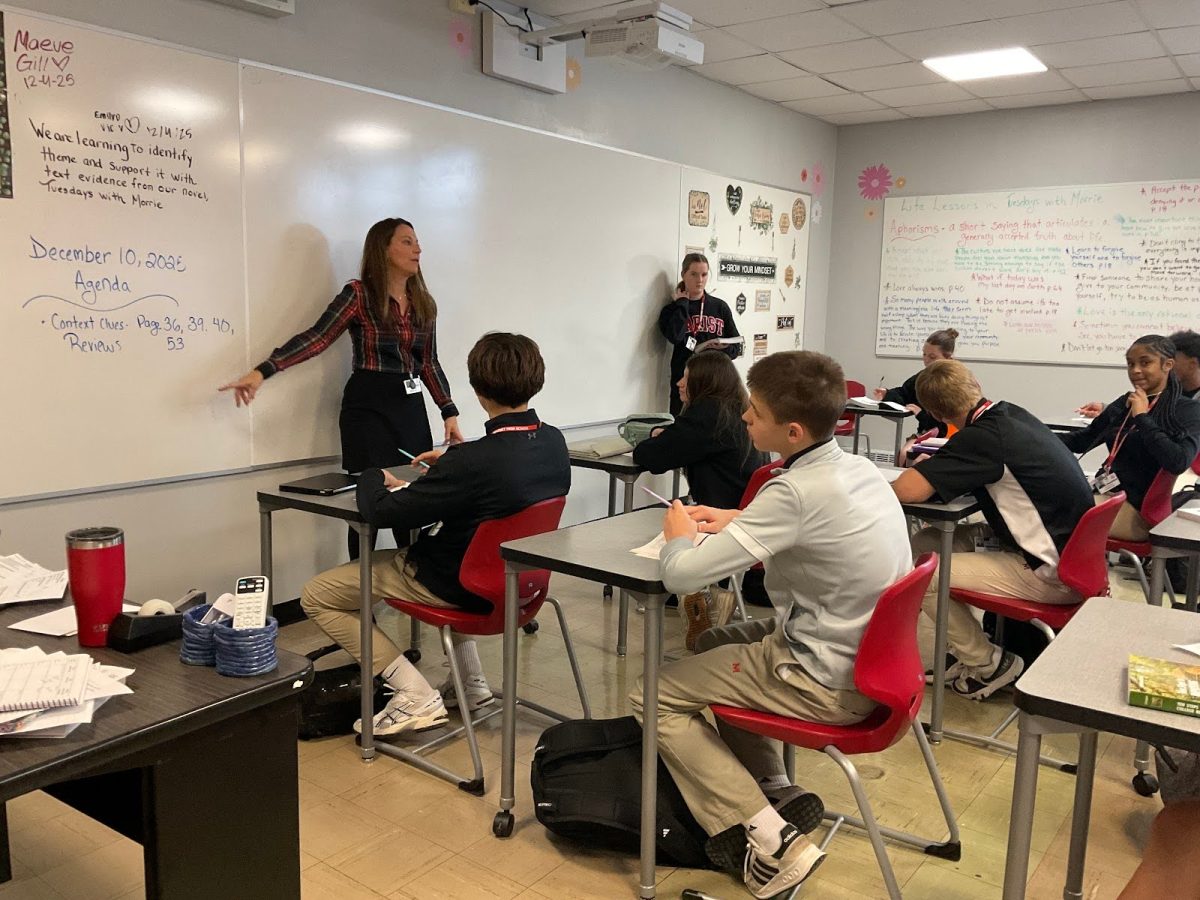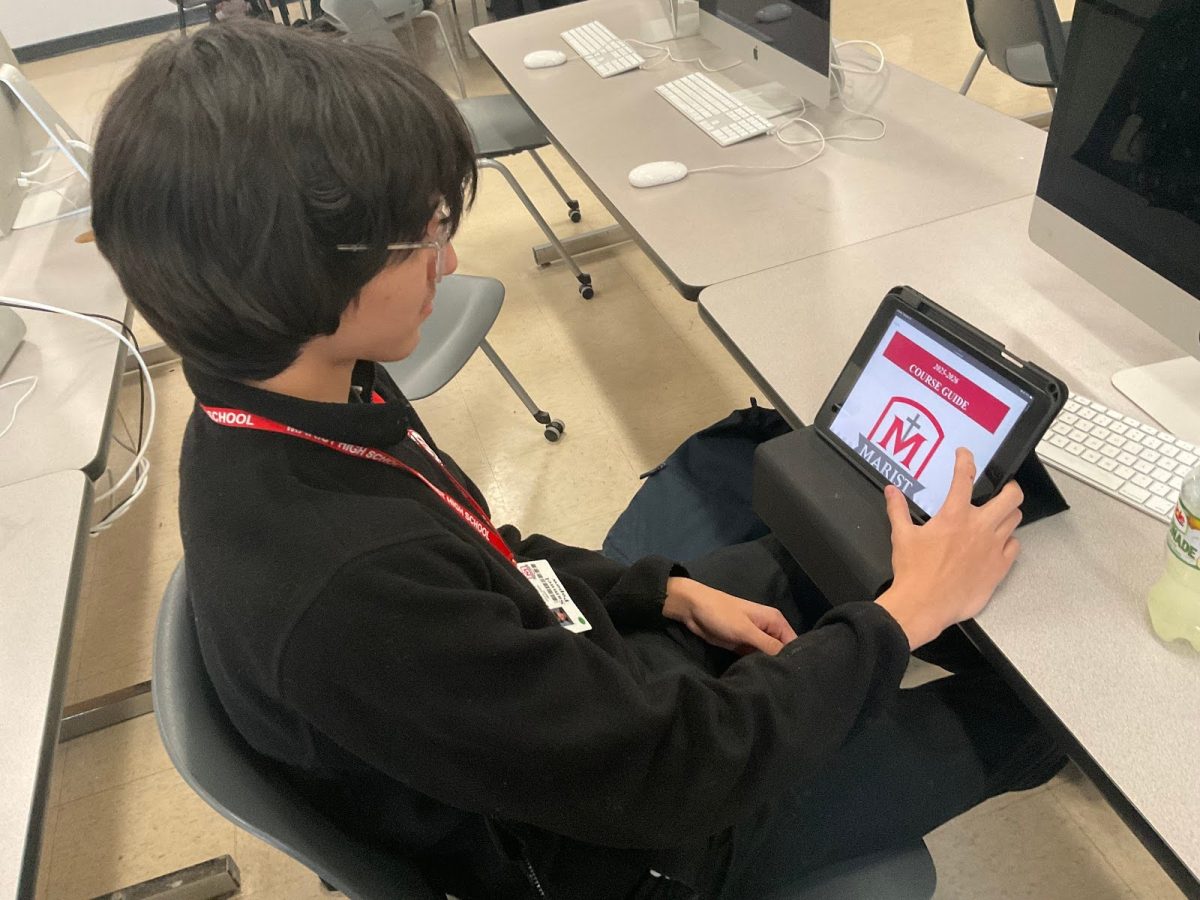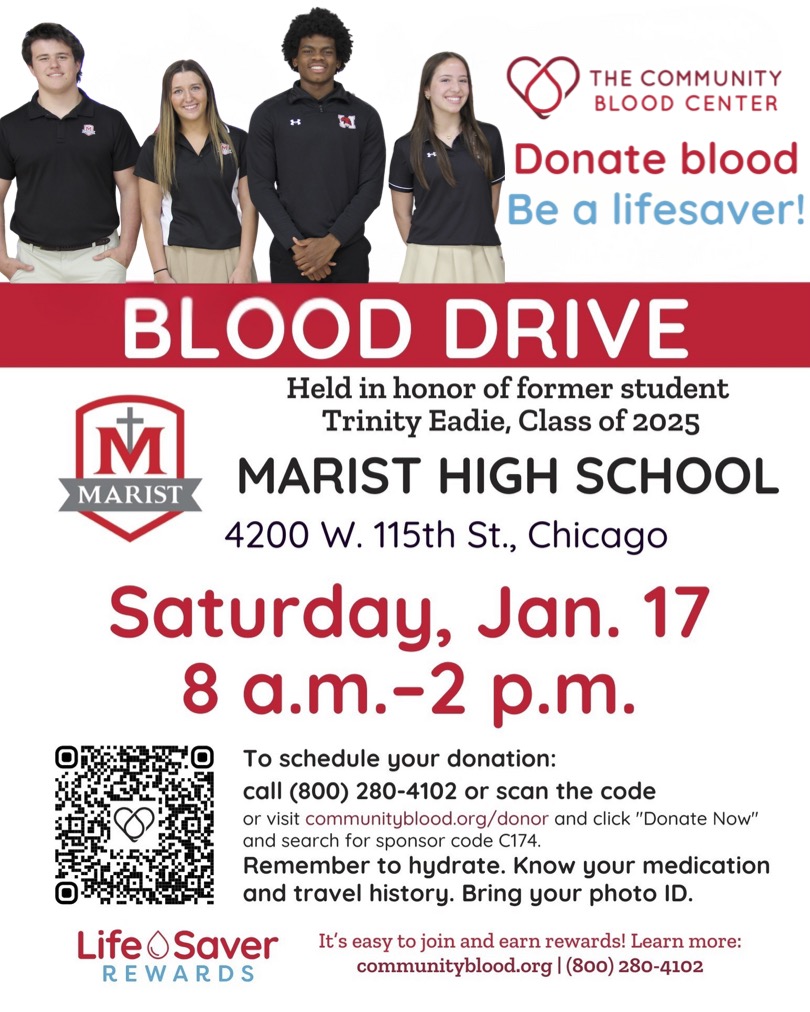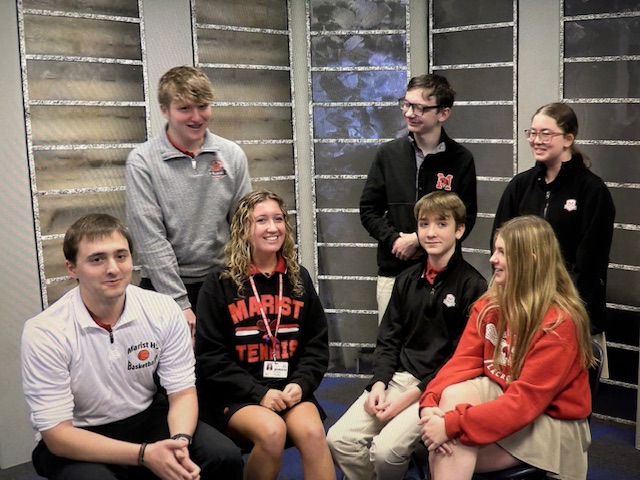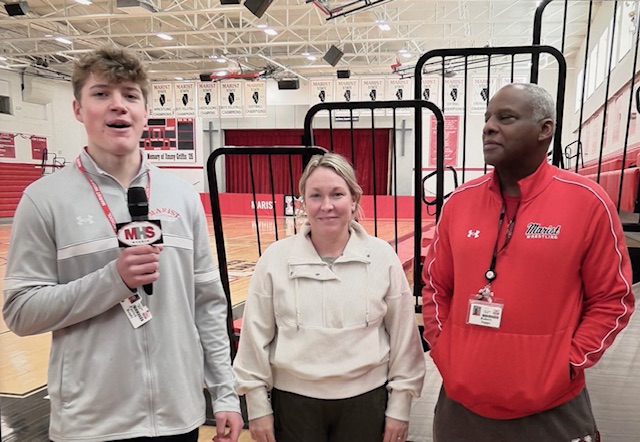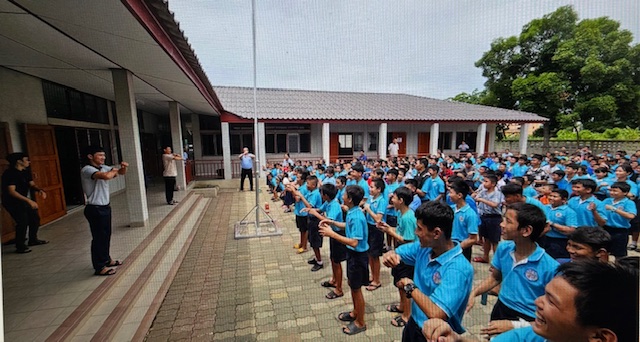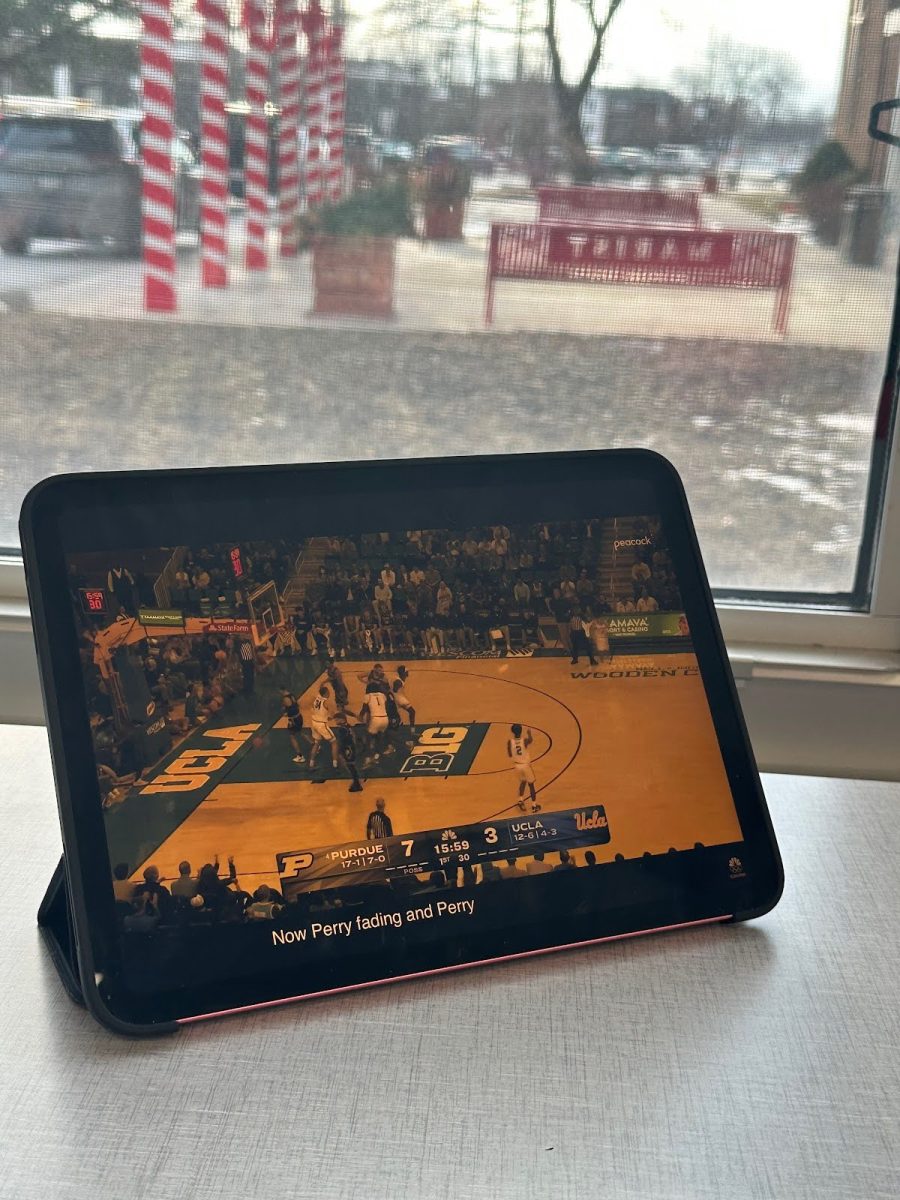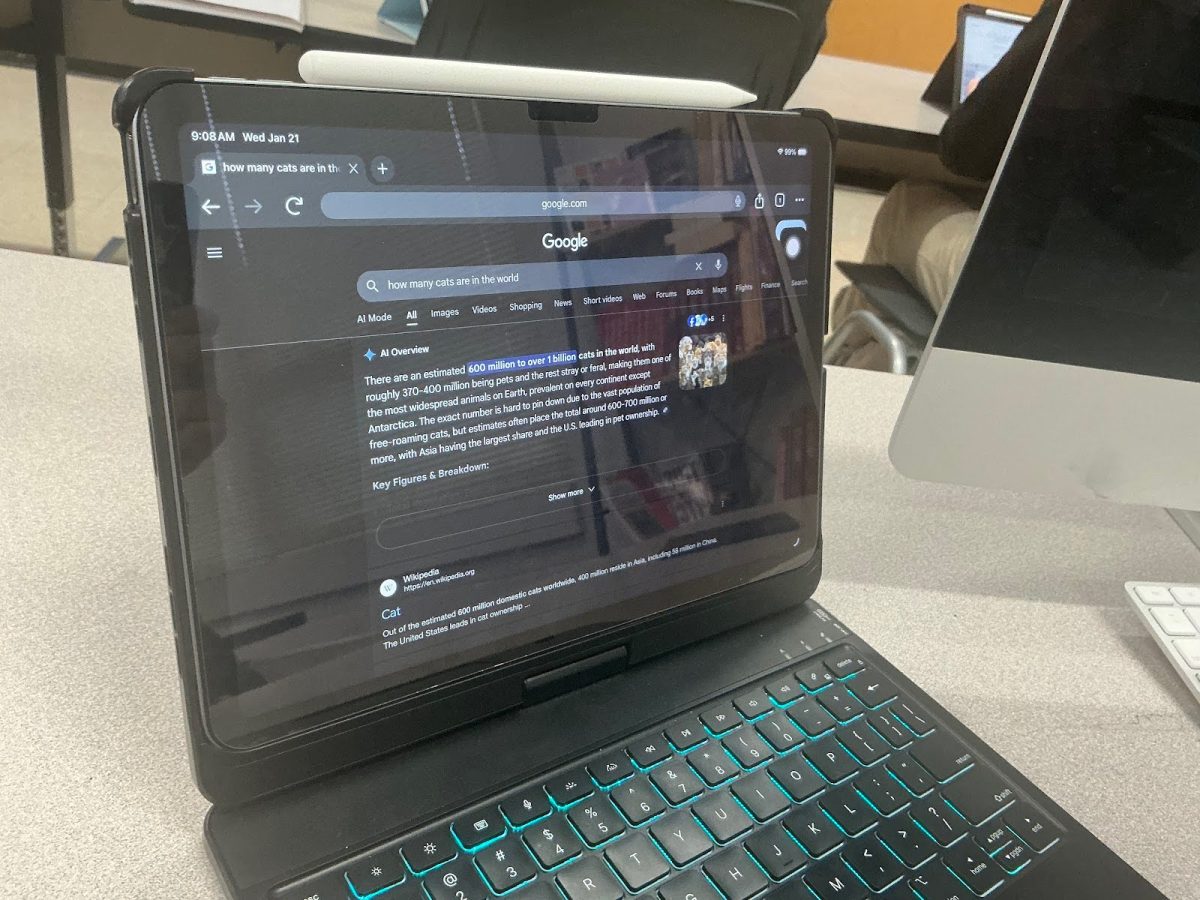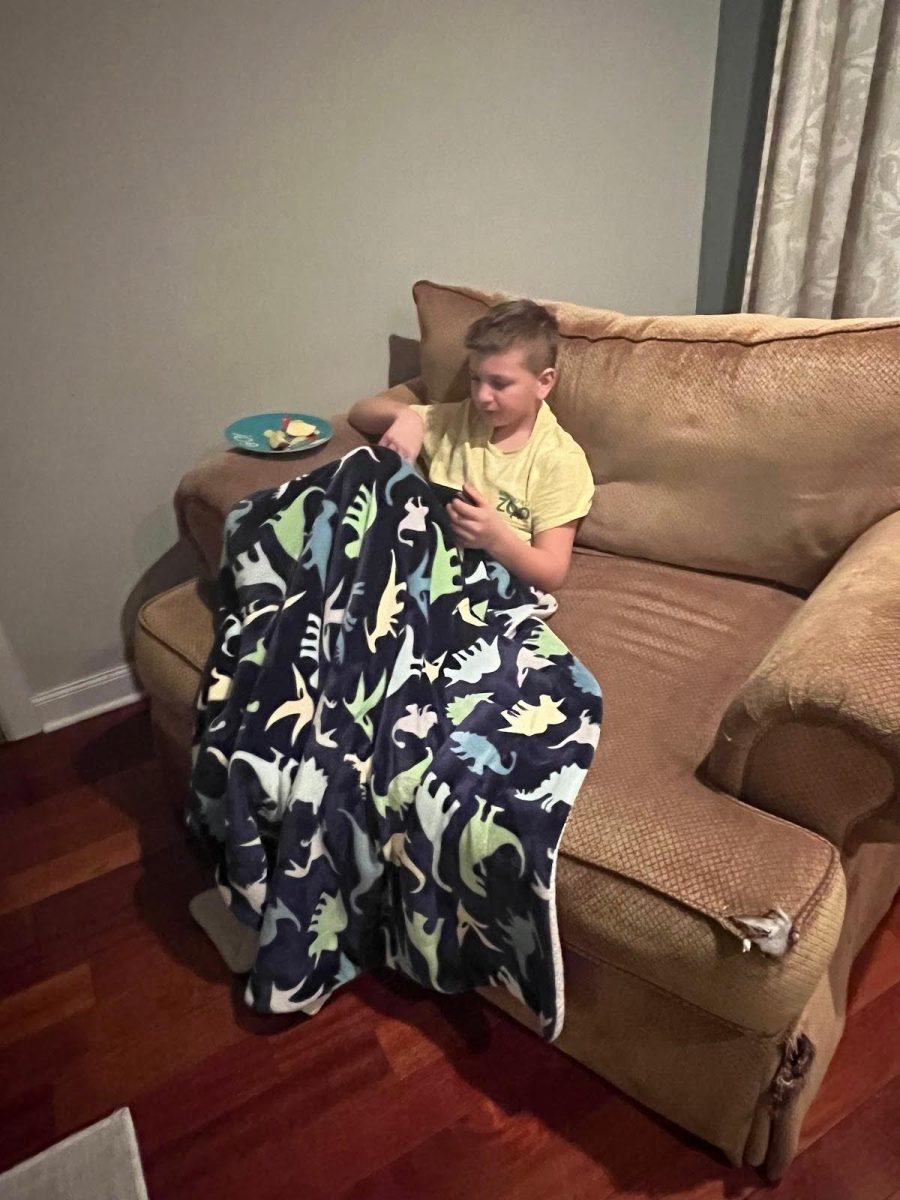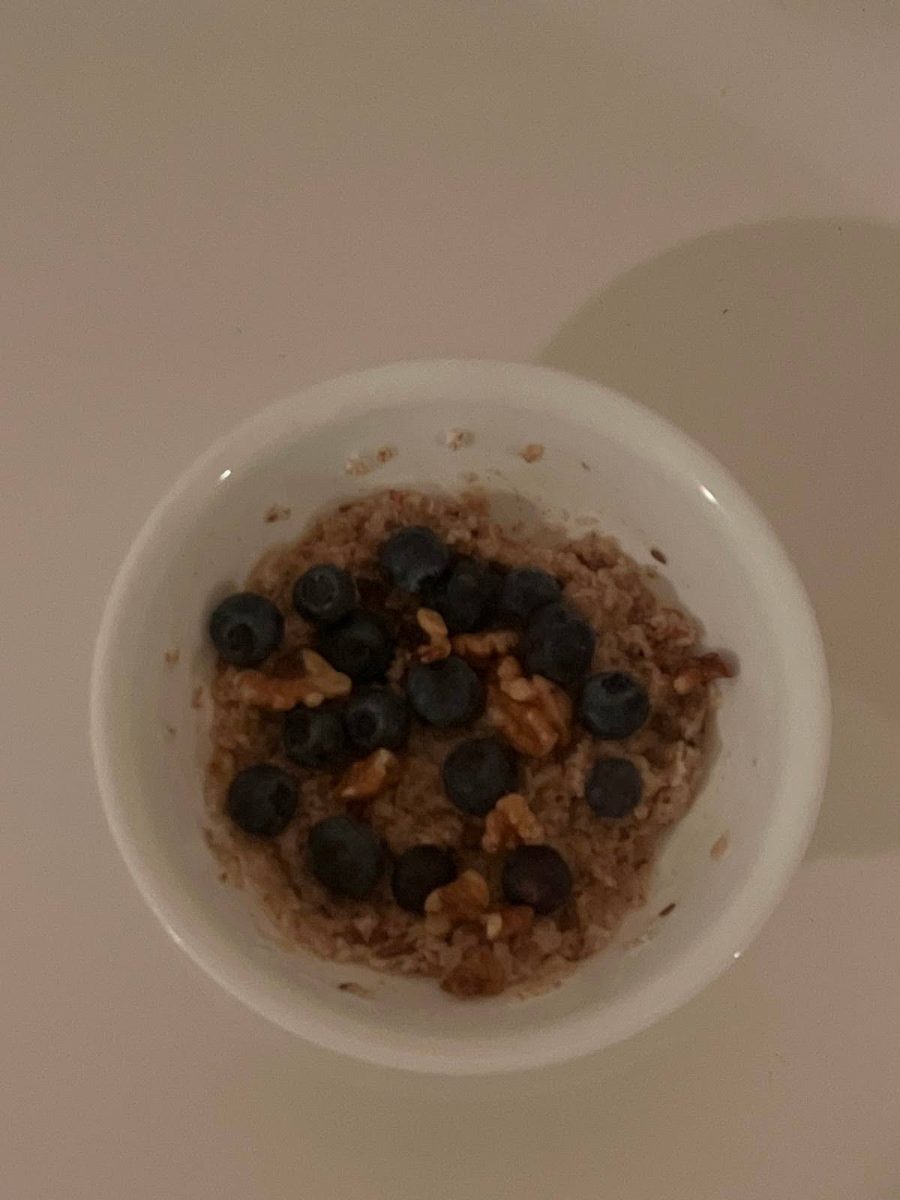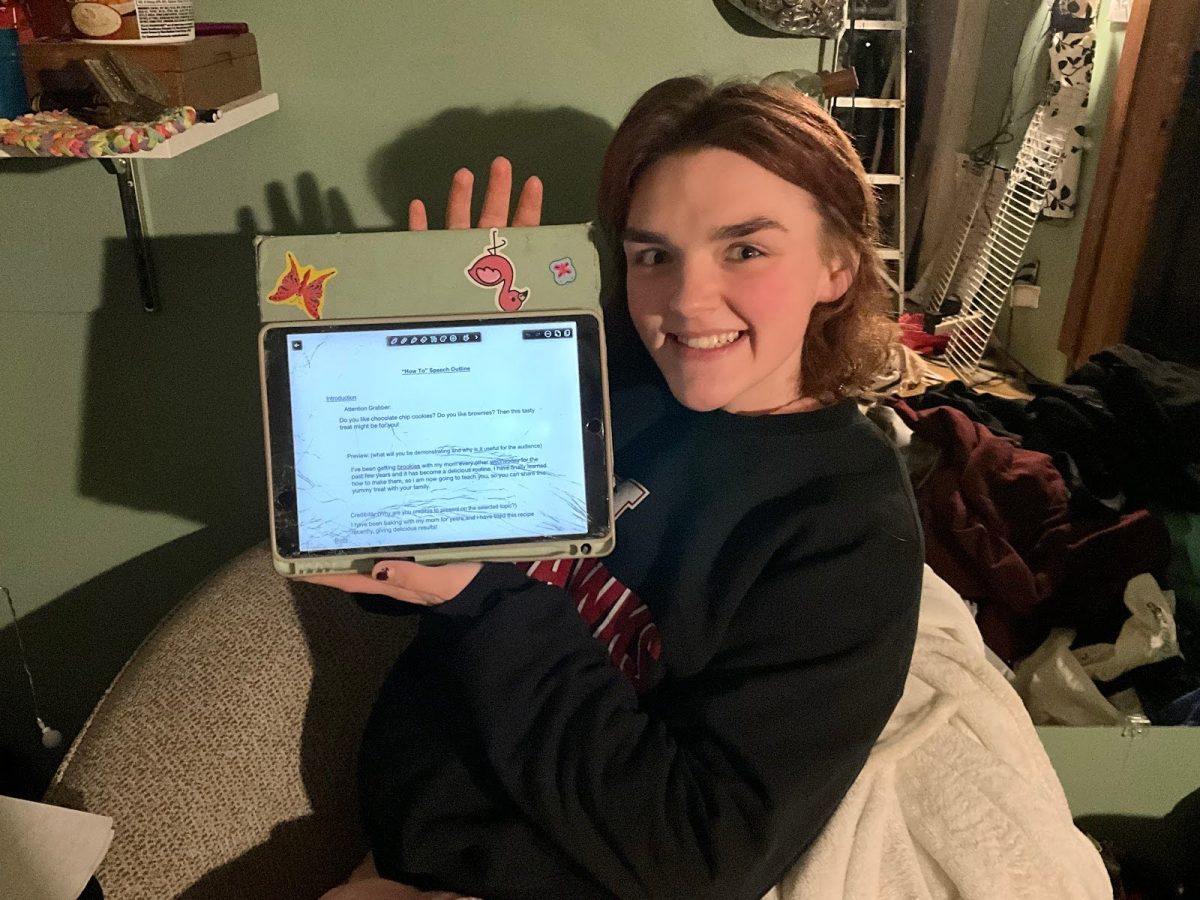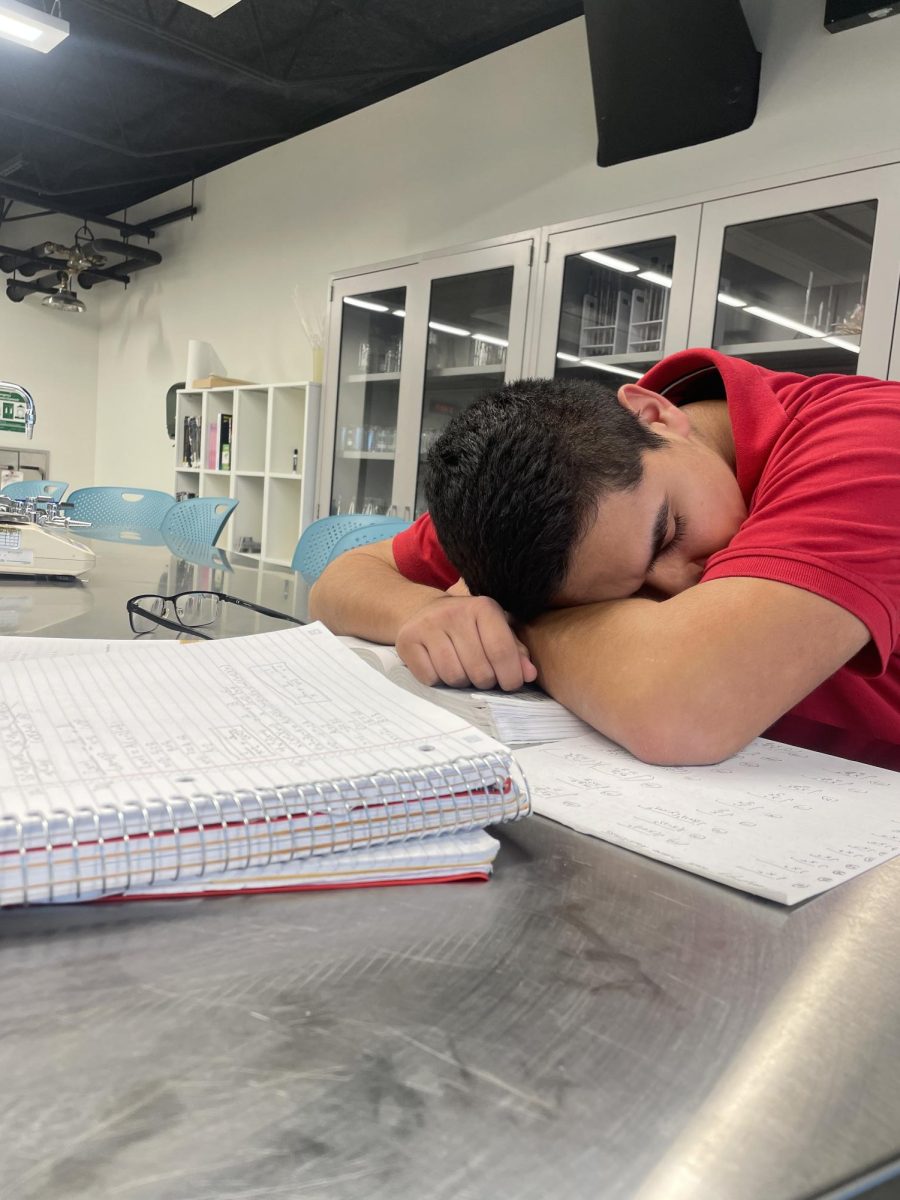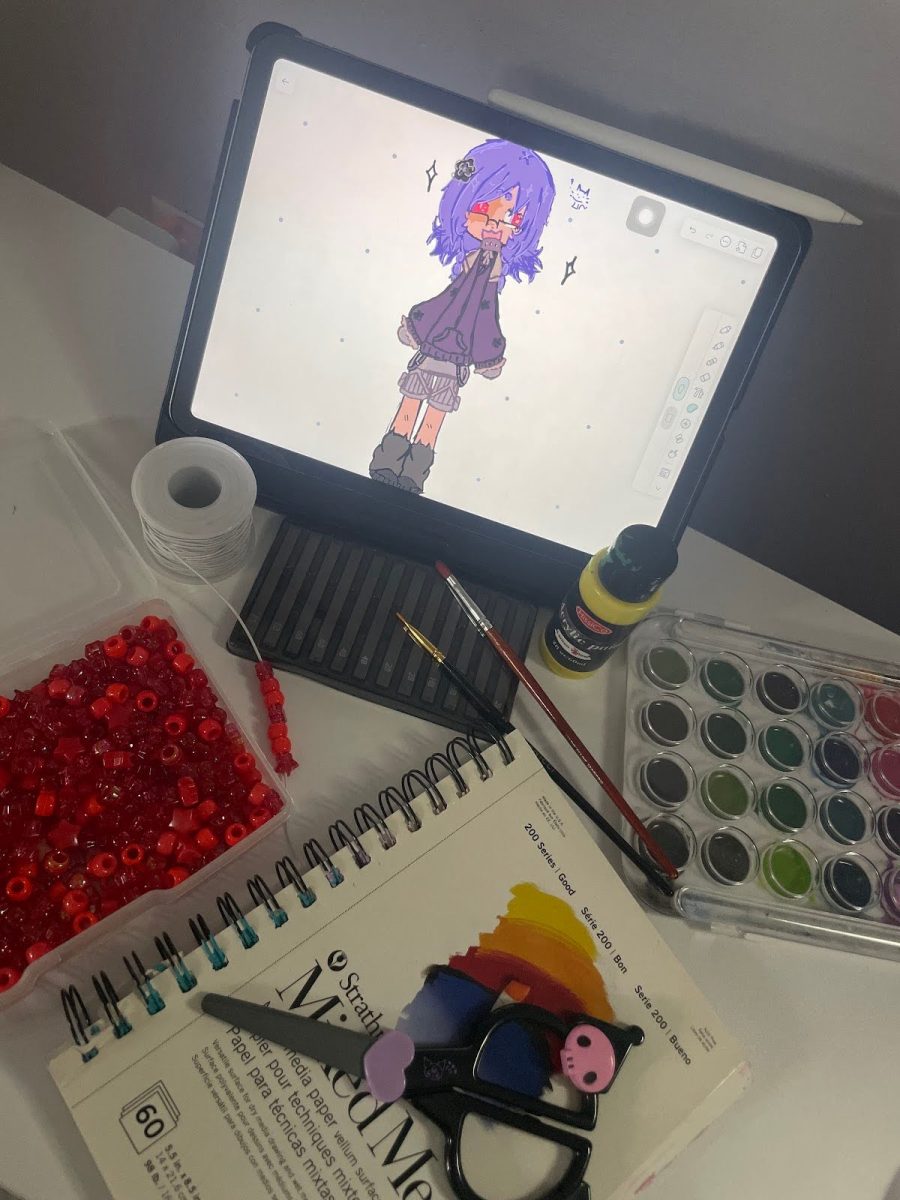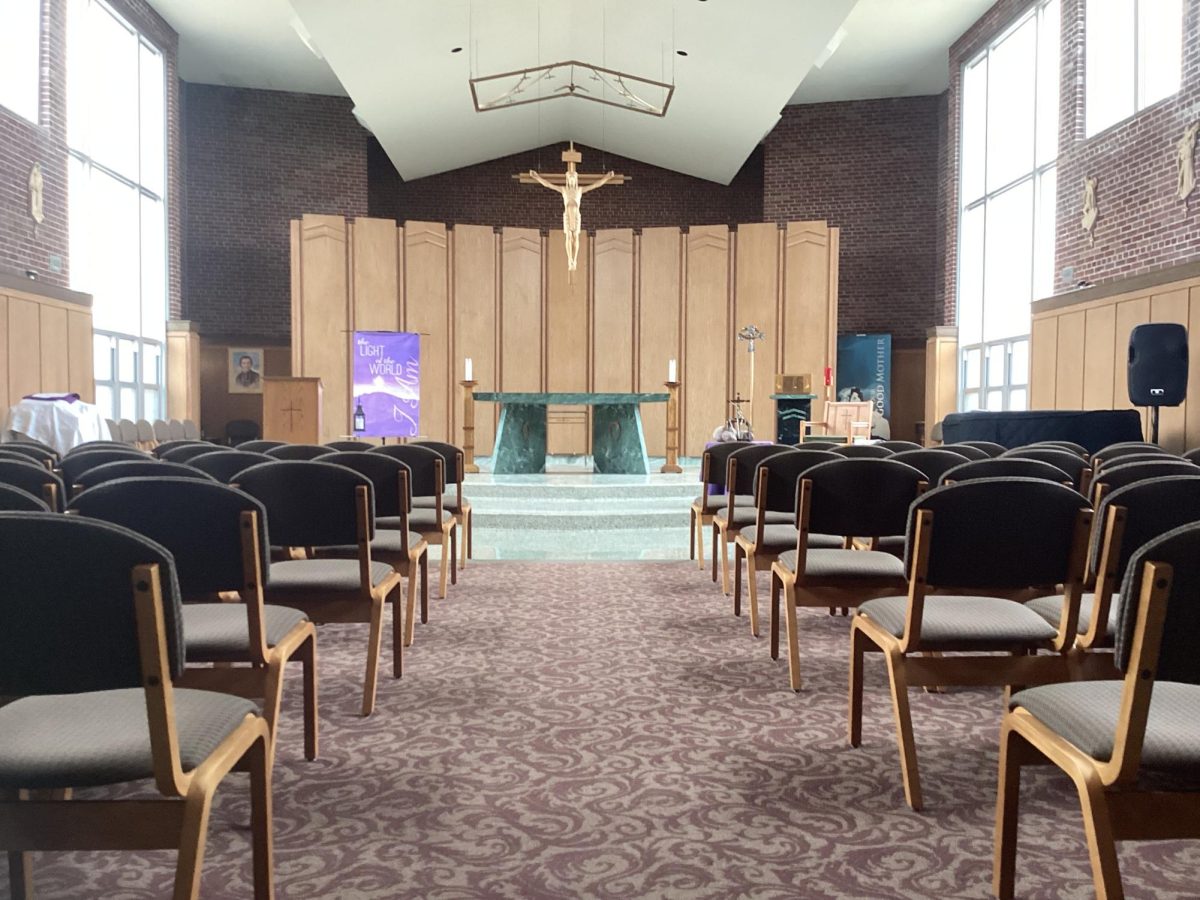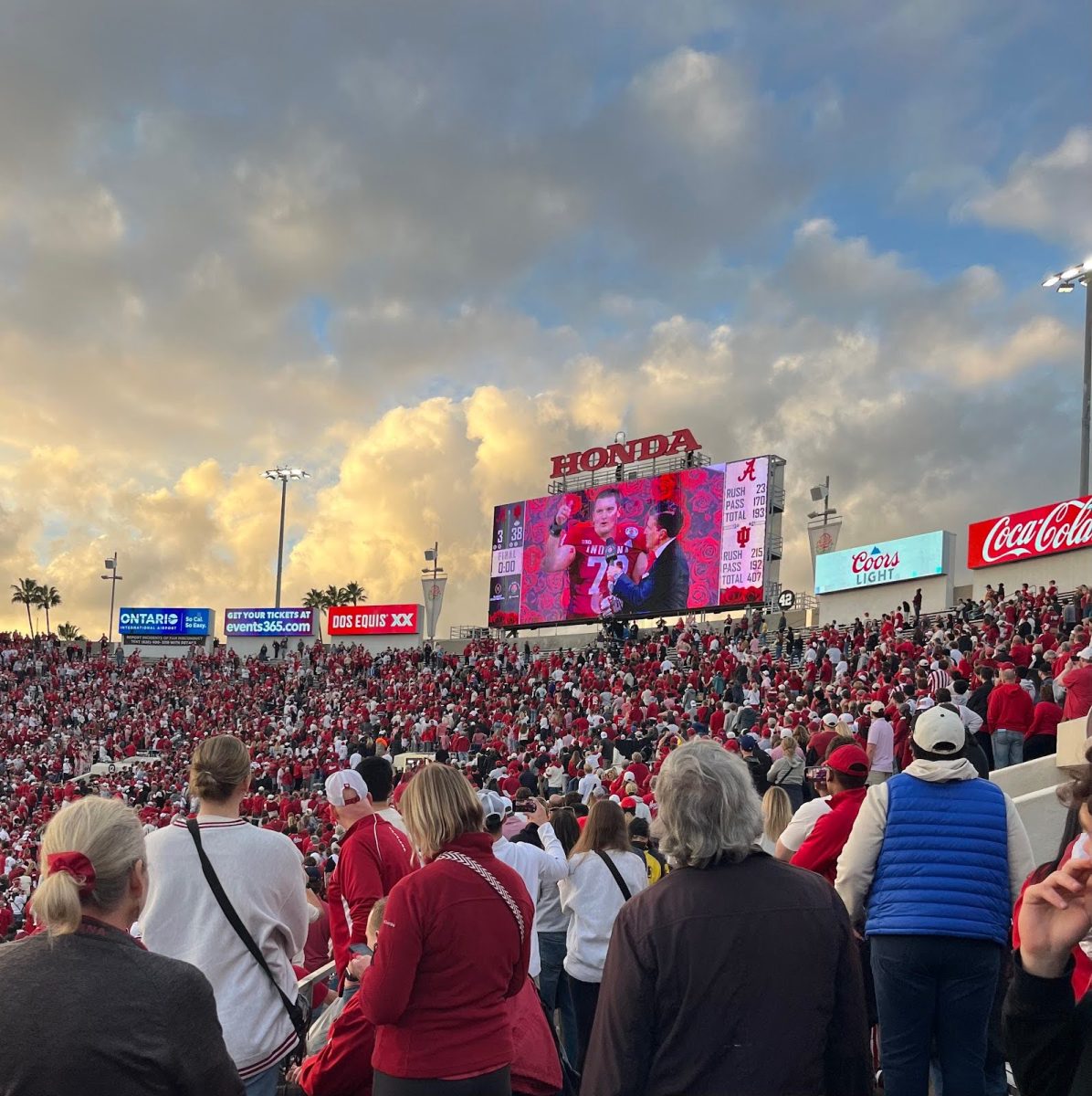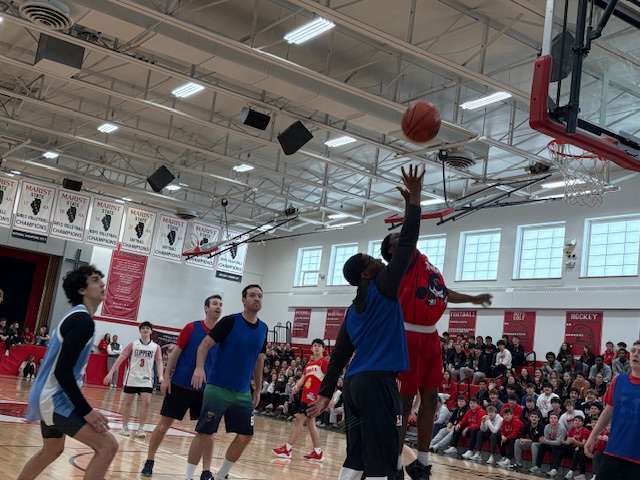Everyone knows sleep is important. It is a necessity that allows our bodies and minds to rest and prepare for the next day. However, within younger generations around the country and students at Marist High School facing midterm exams, there is a growing concern over lack of sleep.
MHS Media conducted a poll of more than 90 students, across grade levels. Students were asked, “On average, how many hours of sleep do you get during the weekdays?” The results: only 5.4% of students reported sleeping eight or more hours. Even more worrisome, 43.5% of students reported sleeping, on average, less than six hours each night.
Students were largely unsurprised by these results. According to the poll, 62.5% of students believe that their peers are not receiving adequate sleep, with only 6.5% responding that they are, with other students responding, “maybe.”
In comparison to self-reported sleep hours, the Centers for Disease Control and Prevention (CDC), the national public health agency of the United States, says, “The recommended amount of sleep for high school students is 8 hours each day.”
The negative health effects surrounding sleep deprivation are concerning. The National Institute of Health, the nation’s top medical research agency, reports “Sleep deficiency can interfere with work, school, driving, and social functioning,” and is also “linked to many chronic health problems, including heart disease, kidney disease, high blood pressure, diabetes, stroke, obesity, and depression.”
With these consequences in mind, the question to ask now is: Why do students at Marist have a lack of sleep?
According to the poll, homework was the most limiting factor of sleep (91.3%), followed by home and family responsibilities (70.7%), and sports activities (64.1%). Other factors for a lack of sleep included friends, clubs, and jobs.
“On the days where I have work, I don’t get home till 10 p.m., and then I’ll have around three hours of work to do, so I don’t go to bed until 1:30 [in the morning],” said junior Paul Dubiel.
Junior Anthony Diaz said, “Usually I’m trying to cram all my homework into one day, because I’m constantly practicing the guitar and drums.”
“In my personal case, I don’t have a lot of homework since I do most of it [during] school, but on the days I do work, sometimes I’ll be working till 10 p.m., but I also spend time playing video games with my friends [like Roblox] and that can also limit some of my time,” said junior Hailey Dostal.
The level of difficulty of students’ courses plays a key role.
“I think that depending on your academic track, some people might have more homework and that is probably a cause for less sleep, especially among the honors classes,” said student Kevin Maher.
“I think in general teenagers do not get enough sleep; but to be honest, it probably depends on the population, with honors students spending extra time on classwork,” said Mr. Thomas Gouterman, AP and Honors Chemistry teacher.
Others within the Marist community believe the responsibility falls back on students, themselves, to manage their sleep.
“I think sometimes it is the nature of teenagers that they get sleep-deprived, because they’ll stay up late. They’re playing games, doing other things, and their schedule is not organized, and so they take it out on their sleep, which is not a great idea,” said Mr. Owen Glennon, AP and Honors Mathematics teacher.
Whatever the faults may be, no one can deny the harm of sleep deprivation.
“It is painfully obvious when there’s been a ton of exams, and by Thursday or Friday, everyone has a glazed over look on their faces,” said Gouterman. “You can tell it is an absolute mental struggle, and these are the students that are motivated, but it almost seems like they physically cannot, because of the lack of sleep.”
Mr. David Froylán, father of a Marist student, said, “I worry most about the physical and mental health of my son. I think sleep helps replenish these aspects, yet I see him not receiving enough, and it pains me as a father to see him going through that.’’
Some students who receive minimal sleep often have to rely on caffeine as a means that allows them to function throughout the day.
“I drink some energy drinks to get through the long nights, and if I’m tired in the mornings, I’ll drink some coffee,” said Sean Prendergast, a honors student.
“I am much more tired during school, so I have to drink coffee in the mornings to get through the entire day,” said junior Ryan Deskovich.
The constant need for caffeine can cause addictions, and it does not resolve the underlying problem. Administrators, teachers, and students need to work together to find an adequate solution, however, that is easier said than done. Some students have thrown out ideas, without decreasing the amount of homework.
“I don’t necessarily think that less homework should be assigned, but I think late policies should be extended to give [students] more time to complete their work,” said Maher.
“I don’t think [Marist] should lessen [the amount of homework] because Marist produces such good students because of these high level classes and this high level of work, but the transition from sophomore to junior year is not an easy one, and they should spend more time trying to link the two,” said Dostal.
Despite the problems with sleep deprivation, some would argue that it is a sign of adulthood: learning to become more independent and time management.
“It is difficult, but it is nothing new. For all of my 49 years here, that has always been the situation, and I think that is a part of growing up. As adults we have all gone through [the process] where we start taking on more responsibilities then you really should…We think we are superman,” said Glennon. “But as you get older you realize you have to force yourself to be more disciplined in taking care of yourself, and knowing that you can’t do it all.”
With upcoming midterm exams, students have worried how they will be able to maintain quality sleep, while preparing for tests.
“Near the end of the semester, it seems nearly impossible to do the [amount of] work and studying that is asked of me, without staying up late into the night,” said Prendergast.
The Counseling Department has offered some advice to students struggling at this time of the year.
“Study your best, but you have to prioritize sleep. Take breaks, go for a walk, pet your dog, or do some coloring. It’s better to learn in a less stressful state of being,” said Robyn McNaughton, a school counselor. “Take it one step at a time… You just have to trick yourself into starting. Once you get going, it’s going to become a lot easier.”



